These legal business entities include options such as a company, incorporated association, charity, cooperative and many more.
Some news organisations register as a charity due to these benefits:
- the organisation wishes to exist purely for public benefit, not profit and wants public recognition of that purpose
- eligibility for tax exemption and Deductible Gift Recipient (DGR) status (tax deductible donations)
- eligibility for grants, discounts on software and other suppliers, greater chance of pro bono support from partners, more attractive to donors.
In the United States and Europe, many news start-ups are choosing a not for profit model for the reasons outlined above. There are also peak bodies such as the Institute for Non Profit News in the US which offers a wealth of information about the benefits of being non-profit.
Before considering whether to set up as a charity, you may want to first check out LINA’s guide to other types of business structures. If you do decide to pursue charity status, here’s what do to.
How do I get charity status?
The rules for registering an organisation as a charity vary depending on your state or territory. First, you need to set up the organisation in your jurisdiction so it’s eligible for charity status.
Here’s how I set up The Pineapple as an incorporated association in Queensland and then as a registered charity over six months in 2022-2023.

Step 1
Read the rules on setting up new organisations by the relevant state or territory government department governing associations, charities and cooperatives. The ATO provides a list of the different state and territory departments to contact here.
Follow the steps outlined by your state or territory department to set up your association, charity or cooperative. For example, in Queensland the relevant department is the Office of Fair Trading. The Pineapple set up as an incorporated association governed by these rules.
Step 2
Decide on a name and check no other organisation in Australia (or the world ideally) is using that name by searching the legal registers. There are several business name registers available and this ASIC register is a good place to start. Check more than one register though, to be safe. It’s a good idea to Google your business name too in case there are overseas organisations who may have trademarked your name in Australia (it happens). Trademark the name and logo and if you have a website, register your domain name.
Step 3
Draw up your organisational rules (also called governing rules or governing document). Model rules are supplied by the government department in your state or territory (see Step 1) and there are also the template constitutions and rules on the Non For Profit Law site.
When applying for charitable status, you must include in your rules a few clauses spelling out how the organisation exists for public benefit and how it will behave as a charity. Sample clauses are available here
Step 4
If you are an incorporated association, it’s a requirement that you recruit a management committee or board of three directors and five members and hold the required number of meetings per year. In Queensland the minimum is four meetings a year, including an AGM. The Pineapple management committee meets for roughly 30 minutes four times a year so it’s not onerous.
Working with a management committee or board is helpful because it means you have the backing of a group of experienced leaders (ideally) and are not shouldering all the responsibility and decisions on your own. It means you can use ‘we’ when talking about your news organisation rather than ‘I’ so your community sees a team rather than an individual. You can use your leadership team’s networks to share your content too. Ideally include one committee or board member with journalism experience and one with financial management expertise, such as an accountant. LINA has a template Board skills matrix you might want to use here.
If you intend to apply for DGR status and start a public fund for donations, the people on your committee must meet the ATO definition of Responsible People
When you have recruited your management committee or board, hold a general meeting of the unincorporated association and vote to adopt the rules and incorporate. This process will be supplied by the relevant government department in your state or territory. Fill out the incorporation application form and send it with your rules to that state or territory department.
Step 5
When you have received your Certificate of Incorporation, you can take next steps to forming a charity. Register your business name and apply for Australian Business Number (ABN) and a Tax File Number (TFN) with the Australian Business Register on the same form.
Step 6
When you have received your ABN and TFN, you can apply to Australian Charities and Not for Profits Commission (ACNC) to register as a charity. Here’s the ACNC application checklist and guide
Step 7
If successful, you’ll receive an ACNC Certificate of Registration as a charity. Congratulations, you are a registered charity! When you have received the certificate, you may wish to open a bank account because banks have special ‘no fee’ accounts for charities. There are a range of other tax benefits you can check out on the ATO website.
It’s also worth noting that many software companies and subscription services offer discount rates for not-for-profits. Connecting Up offers a list of not-for-profit technology discounts and donations, including computers and other hardware. It never hurts to ask suppliers for their not-for-profit rate.
Am I eligible for tax deductible donations?
At the time of writing, news organisations wishing to access DGR status (tax deductible donations) have to fit an ATO recognised category of public benefit.
One category some news organisations use is ‘cultural benefit’ which means you have to apply to the Register of Cultural Organisations (ROCO) to be listed as an organisation that exists for cultural benefit. To be successful, cultural benefit must be the primary purpose of your organisation.
If not cultural benefit, the ATO recognises other DGR categories listed here
Around 40 percent of news organisations registered as charities have DGR status by meeting the different DGR categories but it’s a difficult process and most news organisations don’t fit the categories.
The Pineapple received legal advice that applying to ROCO for registration as a ‘cultural benefit’ organisation was our best chance of getting DGR status and ‘worth a try’ but unlikely to succeed.
Change is afoot
The federal government has recognised funding models for news organisations have to change and a recent philanthropy inquiry recommended public interest journalism organisations have more clearly defined and simplified access to DGR status. The Pineapple is waiting to hear if the government accepts the recommendation. The government says it needs time to consider the philanthropy report so it’s not known when or if the rules on DGR status will change. Whether or not the federal government accepts the recommendation to give news organisations DRG status, making these changes may take years so while change may come, it’s not imminent.
Is it worth the hassle?
Becoming a charity holds pros and cons so it’s worth carefully considering the objectives of your news organisation and whether charitable status will help you achieve them. A business model focussed on grants and donations might make charity status worthwhile.
Registering The Pineapple as a charity was not too difficult though I did appreciate legal advice from the Arts Law Centre along the way. Subscription costs $480 and you get five legal advice sessions, which is cheaper than a lawyer, and access to free contract templates and other resources. The Pineapple also hired a former lawyer for 20 hours @ $50 an hour to assist with the paperwork so we spent roughly $1500 for this process (not including application fees).
Where do I go for more info?
ACNC advice line number is: 13 22 62 and they share guidelines online as well.
Justice Connect’s Not-for-Profit Law program also has some good background info.
This article is written by a publisher who registered a news organisation as a charity and does not constitute legal or official advice. LINA members are advised to research the rules for setting up legal entities in your state or territory and seek legal advice before proceeding.


